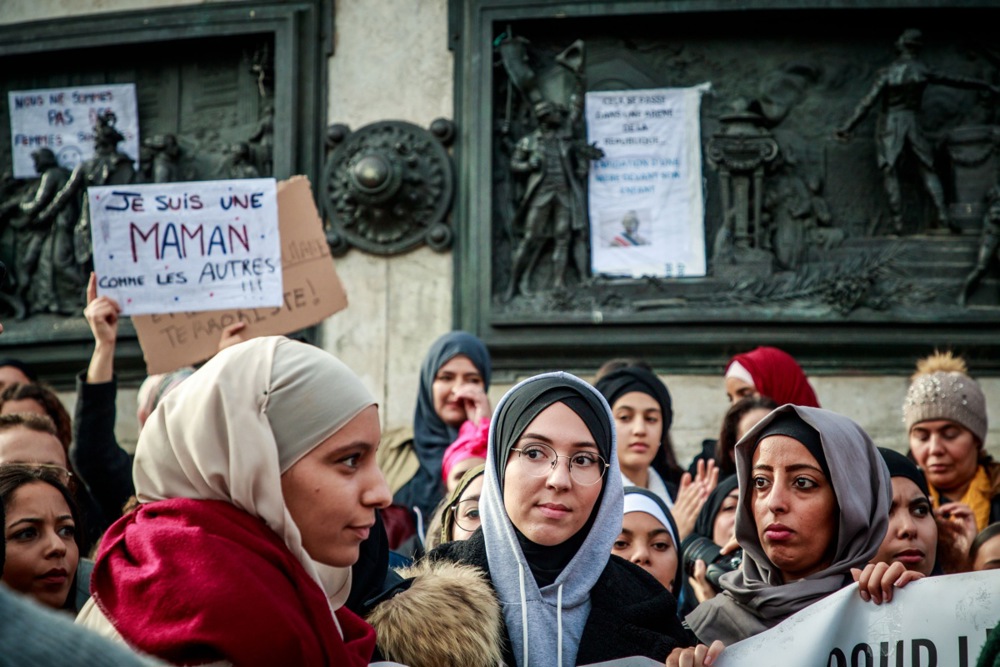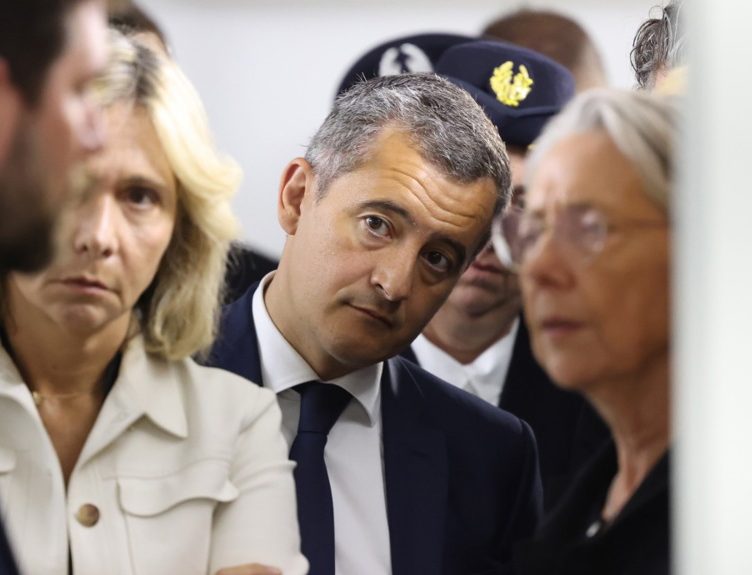A surge of Islamist terrorist attacks is likely in 2024, French intelligence services have warned.
Analysts fear that as France braces for a year featuring major events such as the 2024 Summer Olympics and the 80th anniversary of D-Day, many factors are combining to create a “perfect storm”.
Among them are an increasingly volatile social and political situation in France, deteriorating stability in the Middle-East and Africa, resilient and rising terrorist cells such as ISIS and Al-Qaeda, and a mass-migration surge in the Mediterranean.
This led French interior minister Gérald Darmanin to sound the alarm, warning of a “new Bataclan”. He was referring to the November 2015 terrorist attacks in Paris that left 90 dead at the theatre, among others in the city.
He said that the “threat is very likely to return due to global geopolitics, and will undoubtedly affect our country”.
“The risk … grows as time goes by.”
Behind the scenes, intelligence agencies across Europe have been tracking suspected so-called “relay” terrorists operating within various community groups.
While the risk of attacks has lessened since 2014, it is far from eliminated. The Islamic State’s resilience in Syria and Iraq, coupled with growing terror networks in Africa’s Sahel and Afghanistan, underscores for many the enduring global jihadist menace.
A concerning development is the potential exploitation of the mass-migration wave from Africa by these emerging networks, financed by resurging drug trafficking linked to the Taliban’s takeover of Afghanistan.
Nicolas Lerner, Director-General of the French Internal Security Service (DGSI), warned of the “renewed capacity of terrorist organisations to strike us from the outside”.
A particularly alarming issue is the rise of terror threats within France.
Predominantly isolated and inexperienced individuals have been radicalised through online jihadist propaganda – under the nickname “Imam Google”. They represent a challenge for authorities as they are difficult to detect and can employ rudimentary methods such as knife attacks or ramming vehicles into targets.
Minors are increasingly falling prey to this deadly ideology. While the number of such individuals pales in comparison to the Syrian-Iraqi networks, it seems a “new radical generation” is emerging, particularly among youths from Chechen and other North-Caucasian backgrounds.
In an effort to manage these potential aggressors, police and healthcare professionals have initiated discreet exchanges, leveraging the seal of medical confidentiality to detect individuals with psychological or psychiatric vulnerabilities.
France has bolstered its intelligence capabilities since the devastating 2015 attacks in the capital.
The French intelligence service said within French territory, it currently has 5,273 potential Islamist terrorists under surveillance.
Darmanin also said that some 10,000 members of the “ultra-left”‘ are under surveillance, with 3,000 of them being considered high-risk threats. They are placed on the so-called “S File”, an indicator used by law enforcement to flag an individual considered to be a serious threat to national security.





